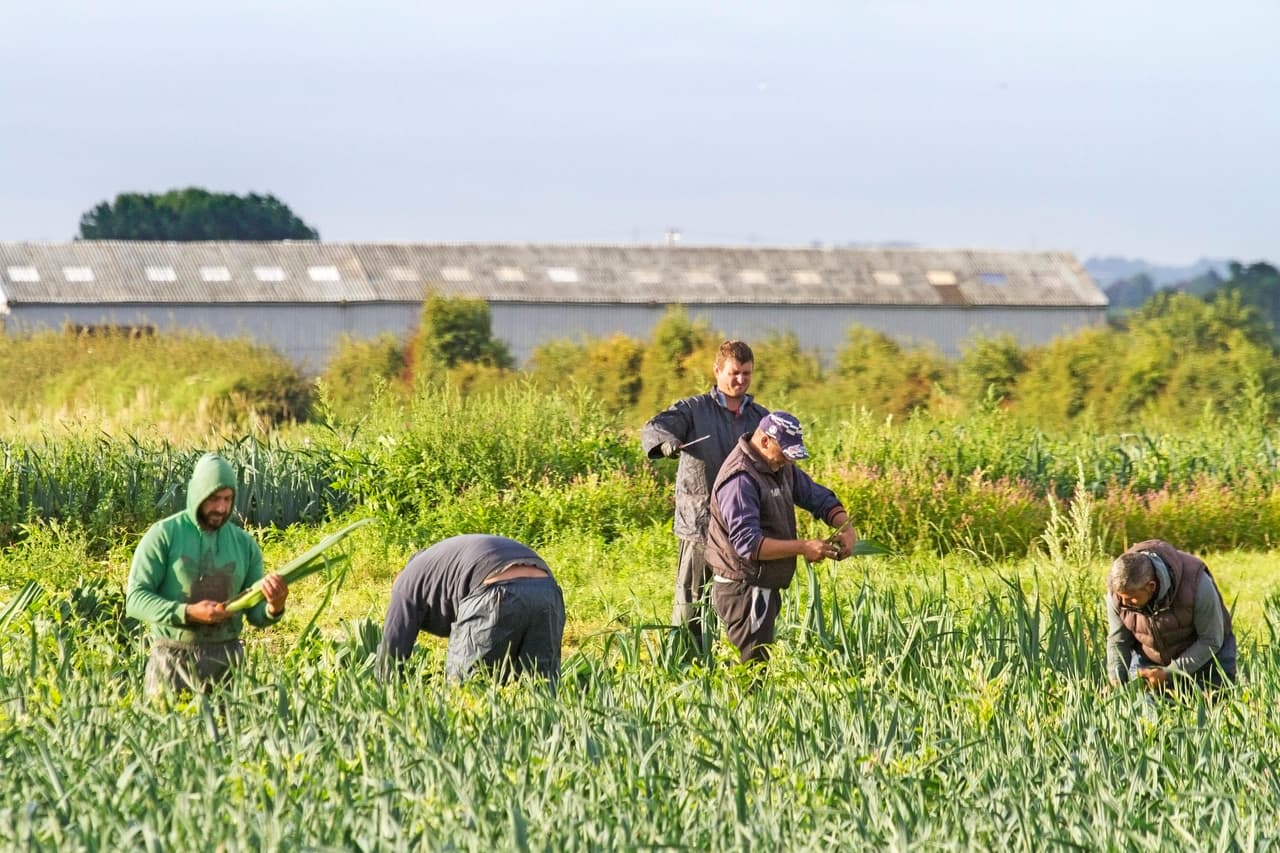
UK government ‘breaching international law’ with seasonal worker scheme, says UN envoy
The Home Office has been found to be failing to investigate ‘clear indicators of forced labour’
The UK government could be in breach of international law over failing to investigate “clear indicators of forced labour” in its seasonal worker scheme, an independent UN human rights expert has said.
Tomoya Obokata, the UN’s special rapporteur on modern slavery, said he was “very concerned” by reports of intimidation, threats, sexual harassment and poor living conditions for people working on UK farms.
The reports from the Bureau of Investigative Journalism (TBIJ), NGOs, government officials and parliamentary inquiries into the exploitation of seasonal workers also showed other indicators of forced labour, such as long hours, underpayment and a lack of access to sick leave, Obokata said.
“I wouldn’t say that this happens [on] almost every single farm … but I think that’s not the point,” he said. “Even one victim is a very serious issue for me. So, I think these instances of investigations and findings raise serious alarm.”
The seasonal worker scheme, which offers people from overseas a six-month temporary visa, was introduced in 2019 to address labour shortages that were expected to be worsened by Brexit. It has expanded rapidly, from 2,500 visas in 2019 to 55,000 this year.
The programme has been plagued by allegations of worker mistreatment. In March 2023, TBIJ uncovered systematic bullying and abuse on several UK farms. Those findings have been supported by evidence from NGOs and government inspectors, as well as a recent parliamentary inquiry.
In October, a TBIJ investigation found that the Home Office had failed to investigate hundreds of allegations made by seasonal workers of threats, wage theft and racism. The government said that improvements were being made to the scheme each year to stop exploitation. But it took two months to interview workers at one farm after allegations of exploitation were made as recently as last summer.
The Home Office also told TBIJ that a new team had been established to safeguard the rights of workers on the scheme.
“If the UK government is not properly conducting labour inspections, identifying abuse and holding perpetrators to account that is a clear breach of an international human rights obligation. There’s no doubt about that,” Obokata said.
In 2023, Obokata studied a similar visa scheme for farm workers in Canada, which he said constituted “a breeding ground for contemporary forms of slavery”. But he said the Canadian scheme seemed to be “better regulated” than its British counterpart, in part because the Canadian government has written agreements with the countries from which it is recruiting.
By contrast, the UK scheme puts “enormous powers” in the hands of private sector recruiters, called scheme operators, who are paid by farms and decide where workers are sent. That system creates a relationship of dependence, he said, and could mean that workers might be less willing to speak out when experiencing abuse.
In 2023, UK government-licensed scheme operators recruited workers from more than 60 countries.
“[The UK] is dependent on the licensed operators [for enforcement], which is problematic,” Obokata said. “It is the government who should be closely monitoring and inspecting workplaces.”
This story was amended on 13 January 2024 to remove a detail based on out-of-date information.
Header picture: Seasonal workers harvest salad on a UK farm ready for delivery to supermarket chains. Credit: Cernan Elias/Alamy Live News
Reporter: Emiliano Mellino
Bureau Local editor: Gareth Davies
Deputy editors: Chrissie Giles and Katie Mark
Editor: Franz Wild
Production editor: Emily Goddard
Fact checker: Frankie Goodway
Our Bureau Local project has several funders. None of our funders has any influence over our editorial decisions or output
-
Subject:
-
Area:




